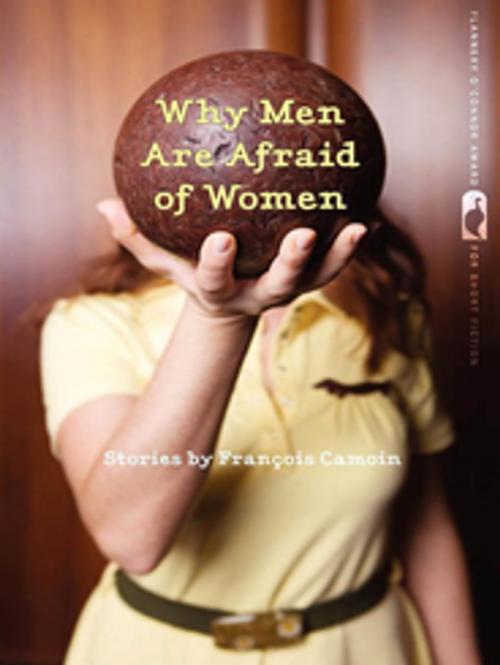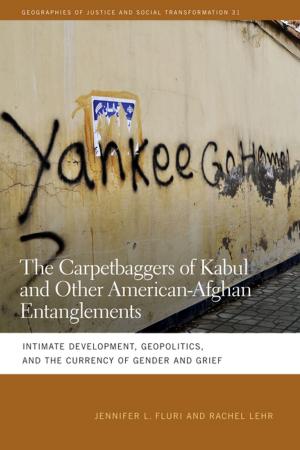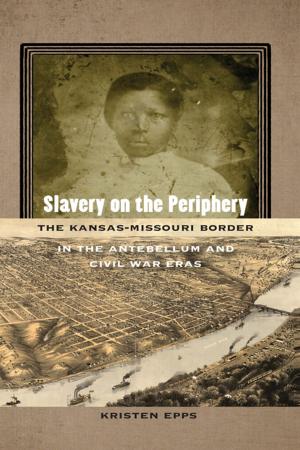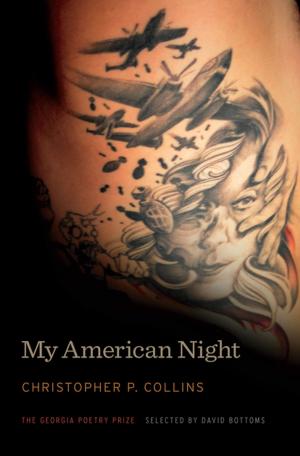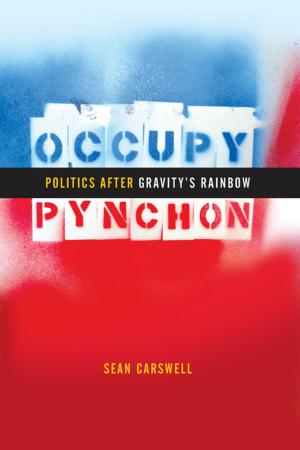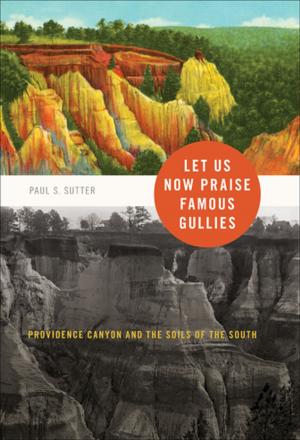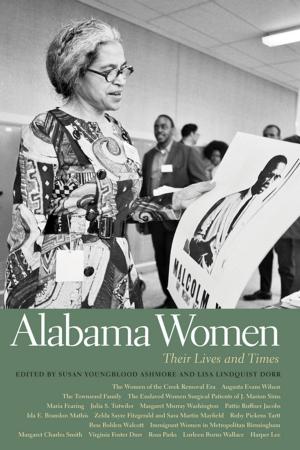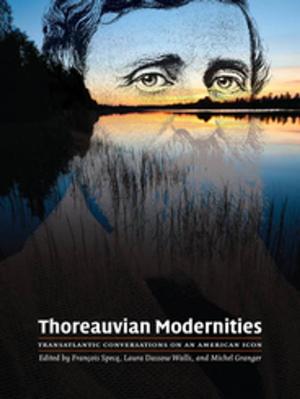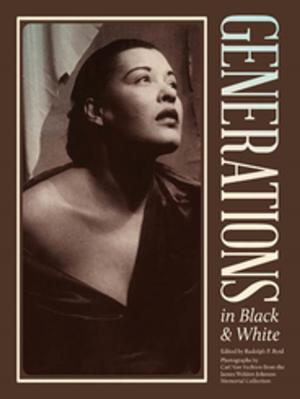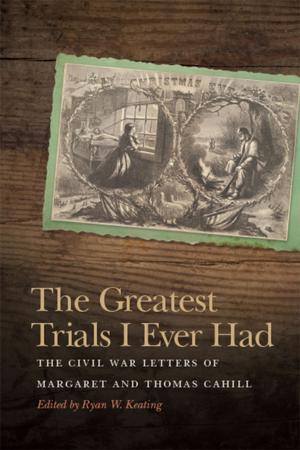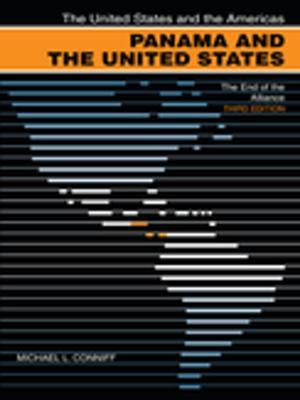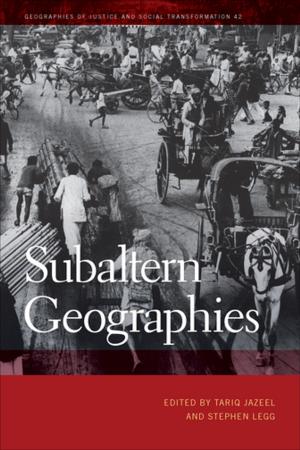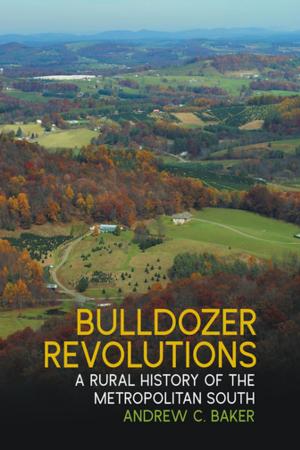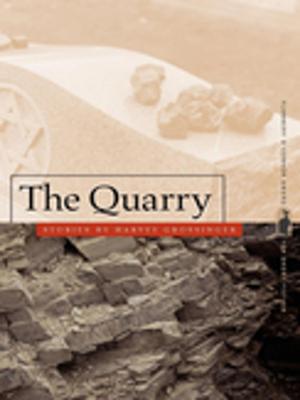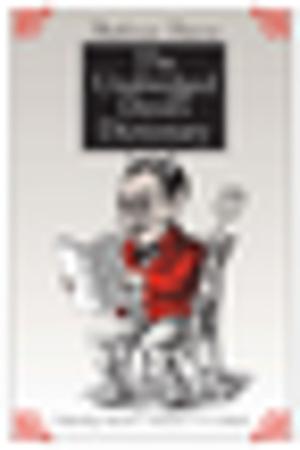| Author: | Francois Camoin | ISBN: | 9780820345895 |
| Publisher: | University of Georgia Press | Publication: | March 1, 2013 |
| Imprint: | University of Georgia Press | Language: | English |
| Author: | Francois Camoin |
| ISBN: | 9780820345895 |
| Publisher: | University of Georgia Press |
| Publication: | March 1, 2013 |
| Imprint: | University of Georgia Press |
| Language: | English |
The tie that binds men and women, that makes men do absurd things that they will very likely be sorry for later, is at the center of this prize-winning collection of stories.
There is, for example, Jack Segal, who is thirty-six and who owns a record store on Ocean Boulevard in Santa Monica and who has fallen in love—badly and madly in love—with the fourteen-yearold daughter of his friend Katzman. Segal can’t think. He eats, but it doesn’t taste like anything. He drives the freeways, floats above the city lights, and finds himself almost wishing that the Great Quake would come and solve everything for him.
Some of Camoin’s characters are running: Diehl, from the necessity of finishing his second novel, of deciding once and for all the fate of its central character, who may be Diehl himself; the jogger-narrator of the story “Peacock Blue,” from the pain of his life (“What lucky fools marathon runners are. They run for joy.”); Loveman, to El Paso and a hustler’s dream of paradise that turns into something else.
The tie that binds men and women, that makes men do absurd things that they will very likely be sorry for later, is at the center of this prize-winning collection of stories.
There is, for example, Jack Segal, who is thirty-six and who owns a record store on Ocean Boulevard in Santa Monica and who has fallen in love—badly and madly in love—with the fourteen-yearold daughter of his friend Katzman. Segal can’t think. He eats, but it doesn’t taste like anything. He drives the freeways, floats above the city lights, and finds himself almost wishing that the Great Quake would come and solve everything for him.
Some of Camoin’s characters are running: Diehl, from the necessity of finishing his second novel, of deciding once and for all the fate of its central character, who may be Diehl himself; the jogger-narrator of the story “Peacock Blue,” from the pain of his life (“What lucky fools marathon runners are. They run for joy.”); Loveman, to El Paso and a hustler’s dream of paradise that turns into something else.
